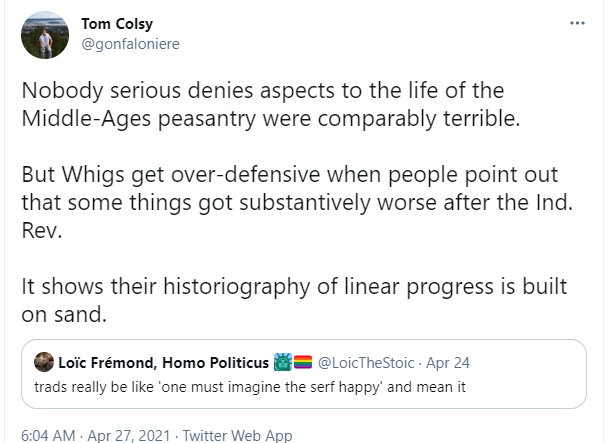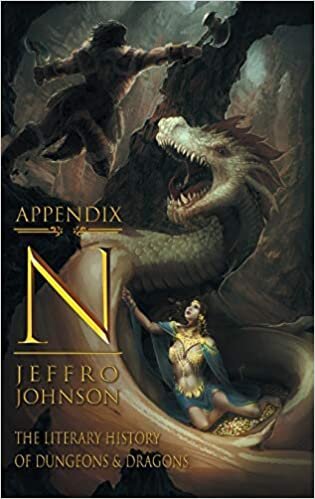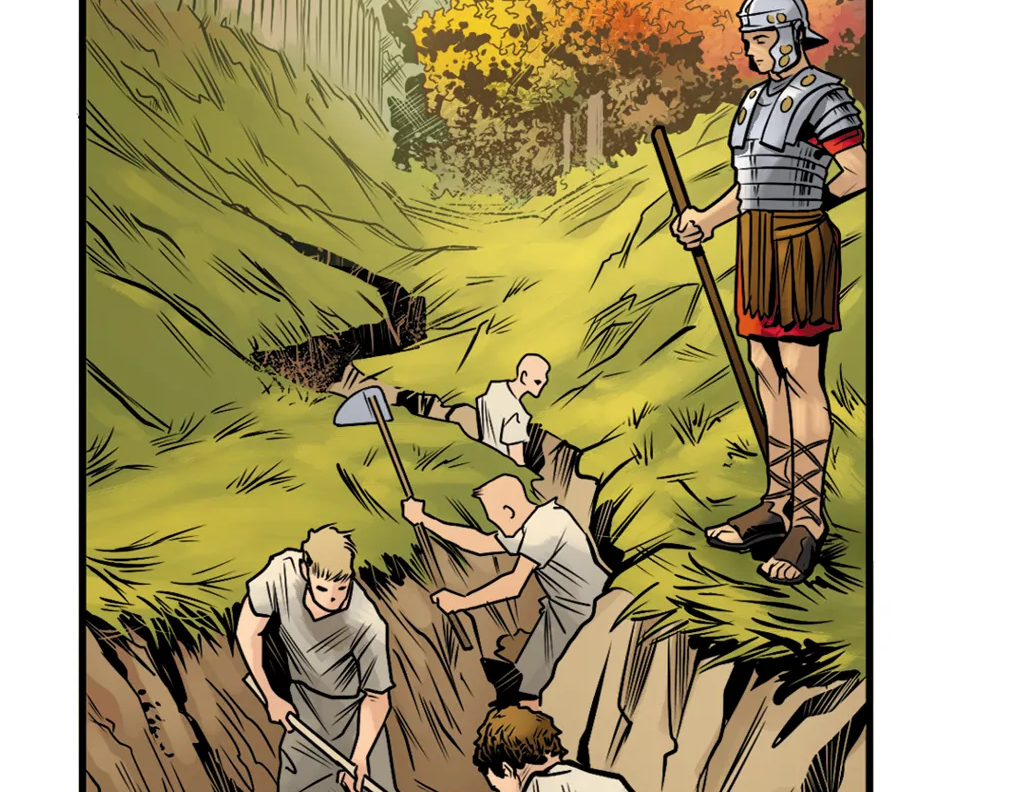Linkfest 2021-04-30: Peasant life

The image above links to a great Twitter thread on the real advantages and laments of medieval peasant life. One major challenge with talking about medieval life is that people might mean a period at any point from the fifth to fourteenth centuries.
Reuters: Why a medieval peasant got more vacation time than you
A link from the above mentioned Twitter thread. The medieval period in question here is the fourteenth century. The number of days worked for a medieval peasant was much less than for the urban proletariat of the nineteenth century, which is a fascinating comparison. The nineteenth century was when the fruits of the Industrial Revolutions really got going, and people had access to wonders and marvels, but the costs in human misery and environmental degradation were enormous.
GSlant Books: Gene Wolfe: Epic Fantasy and Faithful Reading
From another Twitter thread. This time the subject was talking about Catholic popular fiction. The original post was Popular fiction and the Catholic Literary Renaissance at Catholic World Report, which is of a curious genre of articles that talks about popular works by Catholic authors that somehow fails to mention any of them.
When a Catholic author does get mentioned, it tends to be Gene Wolfe. However, you never hear about Tim Powers, or who is probably the most read Catholic author alive in the last 30 or 40 years, Tom Clancy. My best guess is that Wolfe allows literary types to feel OK talking about him, but they can’t bring themselves to actually mention the popular trash that people actually read.
Castalia House: Small Unit Tactics, I & II
An interesting review of a Russian series in the very uneven quality LitRPG genre. It sounds pretty different, and I’d be willing to give it a try.
Castalia House: RETROSPECTIVE: The Moon Pool by Abraham Merritt
Jeffro Johnson reviewed A. Merritt’s The Moon Pool in 2014 for the Castalia House blog. I like reading other thoughtful reviews of books I’ve covered here at With Both Hands. Jeffro makes some interesting connections that I didn’t see.
Save Versus All Wands: On Player Agency, Old School vs. New School and Published Adventures
From the now defunct Save Versus All Wands blog, an extended reflection on differing playstyles for the game called Dungeons & Dragons. Oakes Spauling writes in terms of old versus new, which is in fact pretty close to accurate when you look at the history. The kind of game that Arneson and Gygax played was capable of being played by lots of different people for decades, while the newer style has great cultural cachet, but isn’t actually played as much.
However, the discussion gets bogged down in terminological debates, as some of the elements in new style play, a focus on storytelling and playacting, were present in the old style as well. However, Jeffro’s work in particular has gotten at many of the elements that further differentiate old versus new style play, especially the miniature wargaming context that the original players all shared.
Roles, Rules, & Rolls: D&D's Appendix N Roots Are Science Fantasy
Lots of my favorite authors cheerfully ignore the bookstore genre conventions about differences between fantasy and science fiction. Sadly, I think that D&Ds success actually in part caused the collapse of some of the popular literature it was in part based on. There was also a big component of cranks imposing their preferences on a sprawling and inventive mess of low art.

Castalia House: Snappy Answers to Stupid Claims, Appendix N Edition
This has ended up being a very D&D heavy linkfest, but Oakes Spaulding has a great selection of top posts at Save Versus All Wands. They led me to this post by Jeffo Johnson on complaints about his book on Appendix N. [Amazon affiliate link]
There is a thread connecting the complaints Jeffro documents in this blog post with the attitudes JD Cowan noted in his long series on the baleful influence of the fans of science fiction.
One of the complaints about Jeffo’s book does at least some interesting things to say about Chainmail, Braunstein, and Blackmoor. Understanding that context along with the pre-80s fantasy of Appendix N


Romans in a D&D world. What else could I say?
Comments ()